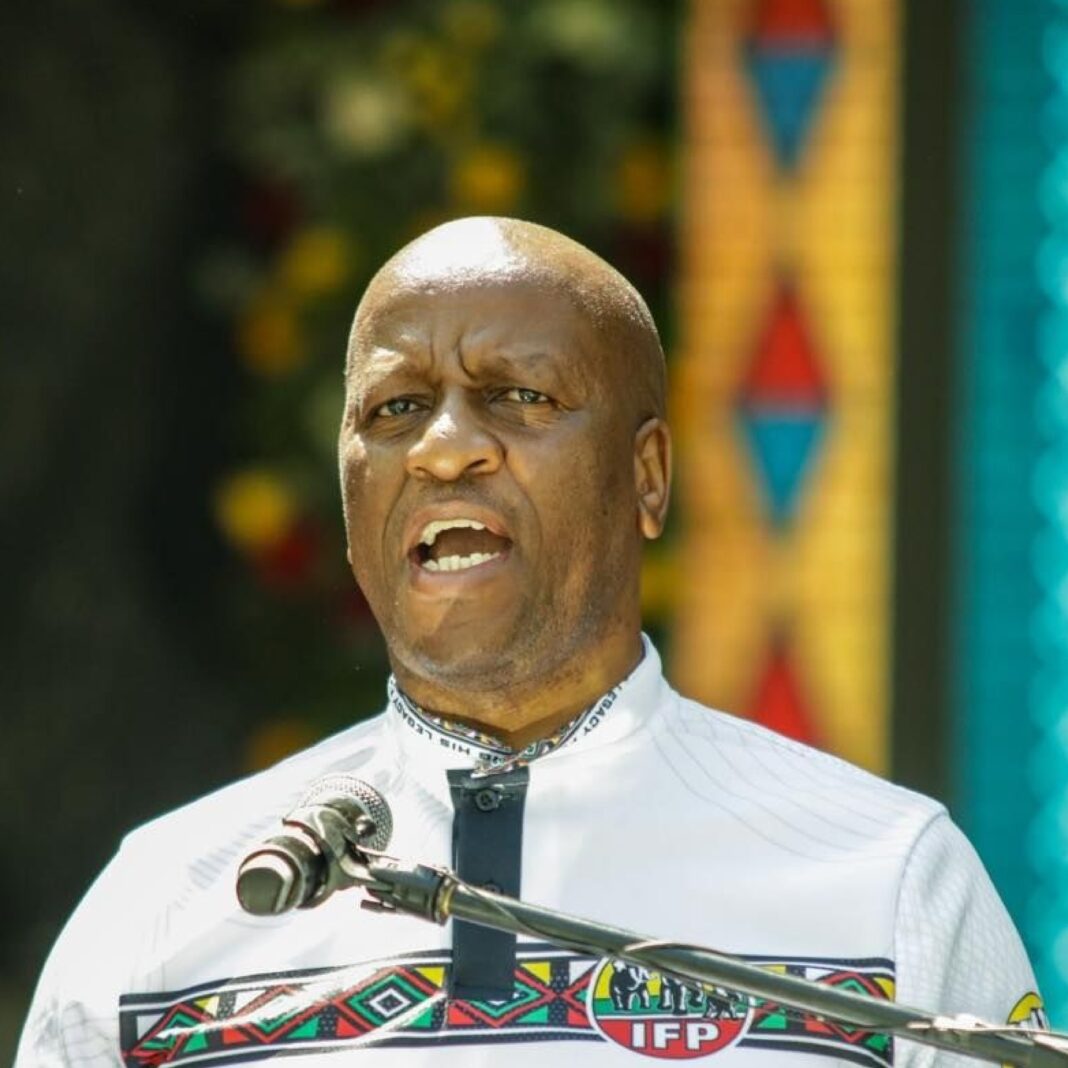By Alicia Mmashakana
The provincial and local government in KwaZulu-Natal has met for first time to discuss the food contamination crisis, agreeing that urgent action is needed.
This follows three children dying and their grandmother hospitalised in the Cambana area of uMzumbe.
“Today’s meeting is a crucial step in aligning our efforts with the national regulations and addressing health concerns in KwaZulu-Natal,” premier Thami Ntuli said in a statement on Friday.
Regulations on the township economy were gazetted last week. They seek to deal with a number of issues, including illegal spaza shops.
The premier said that the meeting had agreed on a comprehensive strategy to deal with the crisis.
It included education and training for spaza shop owners and staff on food safety practices, and regular inspections by local health authorities to ensure compliance with food safety regulations.
He said community awareness campaigns would also be conducted to educate customers about food safety.
The government said access to resources such as handwashing stations, refrigeration units and safe food storage solutions needed to be improved, as well as partnerships with NGOs to promote best practices and provide support for spaza shops, particularly in underserved areas.
Ntuli also announced that monitoring and security would be increased to ensure that food and services entering KwaZulu-Natal from other provinces and countries would be properly inspected “to prevent the infiltration of illicit goods”.
The province would also increase workplace inspections to ensure that companies were adhering to labour laws.
“It has come to our attention that several industries in our province are prioritising the hiring of illegal foreigners over thousands of unemployed but capable locals. This practice not only violates labour laws but also exploits desperate undocumented foreign nationals often paying them far below the minimum wage,” he said.
The premier said that during a recent operation in the Mandeni area, some firms shut their doors because they knew that over 90% of their employees were illegal and undocumented.
“We will conduct further unannounced inspections in these areas to ensure compliance with labour laws and prevent such exploitation,” Buthelezi said.
He has urged all stakeholders, including the police, private security companies, neighbourhood watch and community policing forums, to increase their collaboration to combat illegal activities.
INSIDE POLITICS

